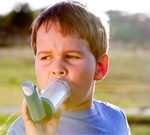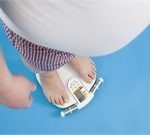
More than 200,000 people in the United States have pulmonary fibrosis, but more than eight in 10 Americans don’t know the symptoms of the lung disease, a new survey finds. Pulmonary fibrosis is a progressive disease that causes scarring of the lungs. Symptoms include persistent, dry cough, shortness of breath and fatigue. There is no known cure. An online survey of more than 2,000 U.S. adults was conducted by the Pulmonary Fibrosis Foundation, and found that 86% did not know the symptoms of pulmonary fibrosis. The most common form of pulmonary fibrosis is idiopathic pulmonary fibrosis, which has no known cause. Certain people are at increased risk for idiopathic pulmonary fibrosis, including those older than 60 and those with a history of smoking. But the survey found that among respondents aged 60 and older, 91% didn’t know the symptoms of pulmonary fibrosis and 96% had never talked to their doctor about the disease. The rates among current or former smokers were more than 80% and 91%, respectively. People with a history of smoking were three times more likely to have pulmonary fibrosis or know someone affected by the disease, the findings showed. “Awareness of pulmonary fibrosis and its symptoms remains very low, and for many, the first time they hear of it is when they are diagnosed,” said William Schmidt, president and CEO of the… read on >


















